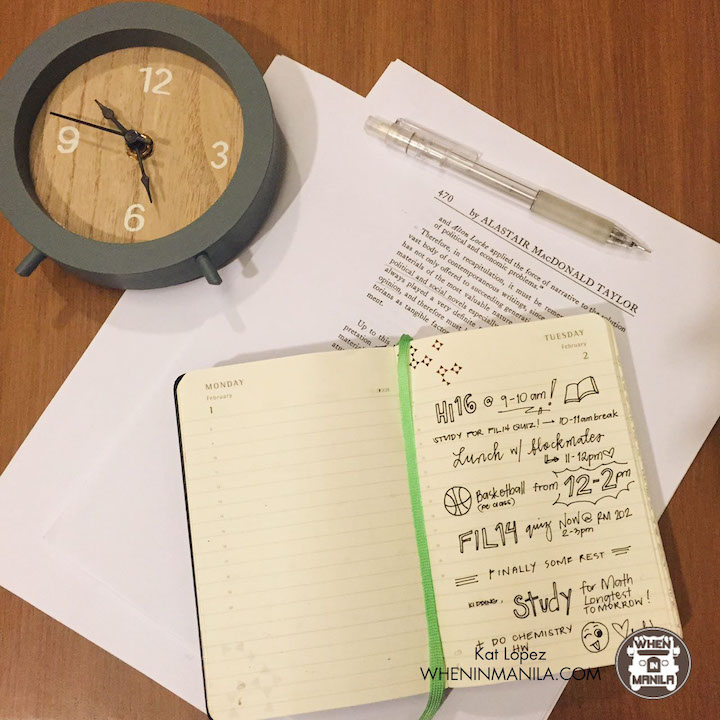Article by Sophia Teaño
“Sayang”. This is a common reaction towards undergraduates who need to extend college. What people don’t realize is that when they tell us our extension is a waste, our experiences are being disregarded. Our narrative becomes glossed over with projections from the preceptor who had a different situation. They tend to forget that their beliefs and values aren’t necessarily the same as ours.
The concept of college has become a pressure cooker. Our identity has become identified as our grades, our outputs in comparison to someone else’s, the number of years we took college, and even the program we decided to take. The definition of what a successful college student is has been very rigid: graduating with honors, having distinguished works, graduating within four years, being in the sciences, and so on. The criteria is so boxed in that it sometimes traps the potential of an individual just to adhere to these standards.
What seems to be forgotten is that college is supposed to be about education. It is the nurturing of an individual’s passions, ambitions, skills, and interests. With the way these impositions are being insisted on us, our sentiments are often dismissed. That is not supposed to be the case.
College should encourage growth, not constrict it. The point should be about enriching oneself rather than just aiming for particular standards. We should be given the chance to explore where we find growth and purpose, where there is a sense of belonging. In the end, our work will be defined by our ethics, abilities, and application of knowledge rather than the number of years it took to get us there.
Education is a right, after all. Students must feel that they are getting the education they want and deserve. We shouldn’t bear a feeling that we went to college just to attain a diploma under an imposed number of years. College should not feel like a cage that we are trying to escape from; but a place of learning, expanding networks, and being with people who care about the same passions that we do. In that sense, taking the time to understand what we’re doing is important in order to fully realize our aspirations.
(RELATED: UP Student Thankful for Delayed Graduation)
In the end, we can never be fully prepared for the future, but we might as well equip ourselves the best way we can to face what is to come head on. If you can do it in four years or less, you’re graduating in time. If you took six years or ten years, you are still graduating in time. We will all graduate in time—in our time—the time when we are ready and a little more sure of ourselves than when we were just starting college. However long it will take us will never define who we are. Some don’t even graduate at all. But eventually, we will figure things out; we have to, anyway.
The pressure that surrounds graduating has become so toxic that it has obscured the real meaning of education. Education is not about finish lines; it is something that does not end in the first place. College is not supposed to work like a time bomb, but like a place that promotes development and learning. What has to be realized in those years is who we are, and how we’re going to work our way through the world with what we gain in our institutions.
(RELATED: UPD Cum Laude BA Film Graduate inspires others to chase passion in the Arts)
You know what is best for you. You are not the number of years you took to graduate in college. You are barely your diploma. What is you, rather, is what happened in those years – what it took to get there: your self-discoveries, your interactions, your struggles and heartaches, your persistence, your realization of your competencies, your development. You are entitled to your growth—it is you who is working on it anyway—and that growth is beyond what any number can encapsulate.






